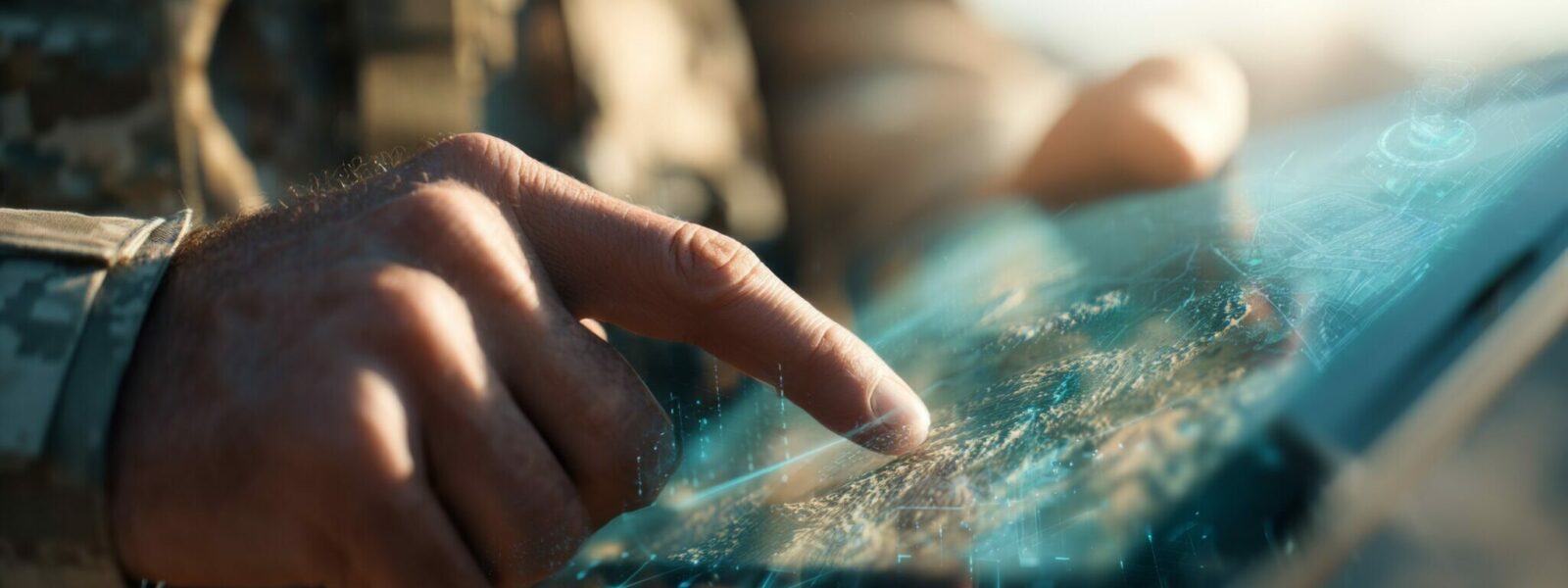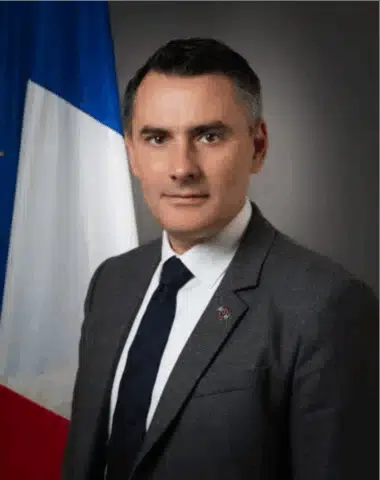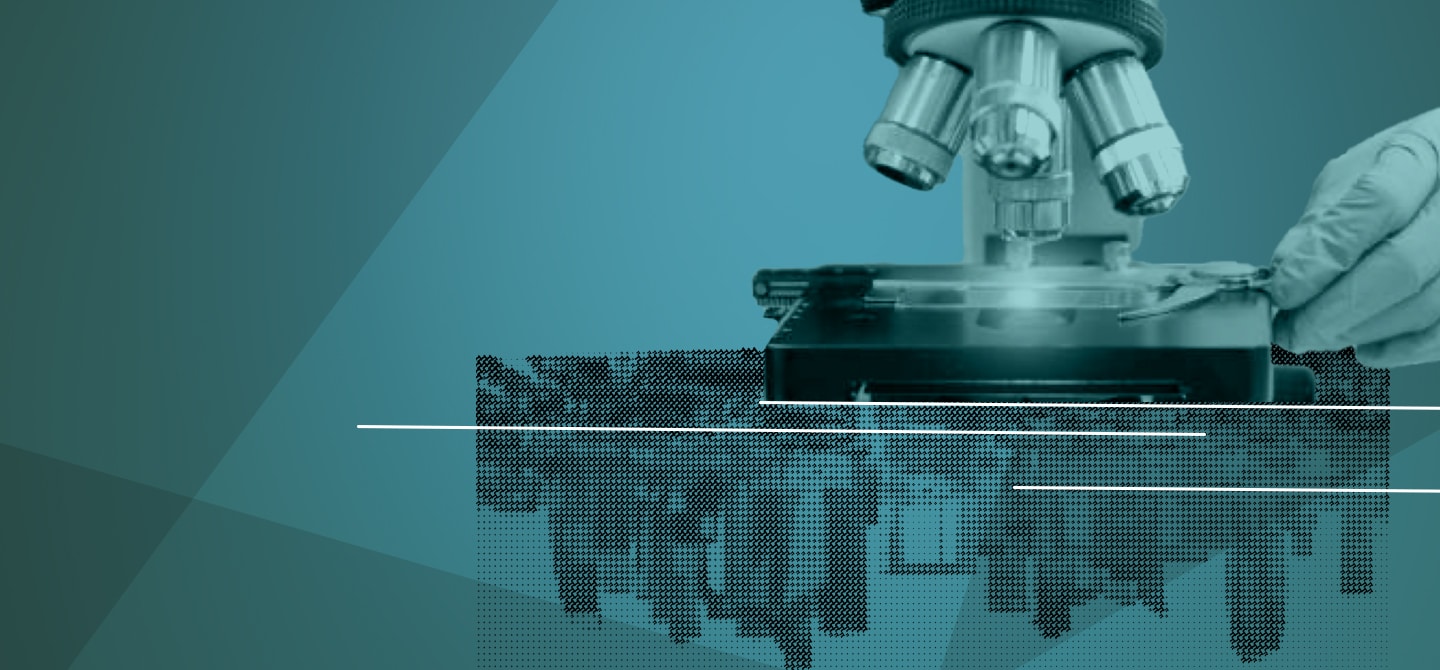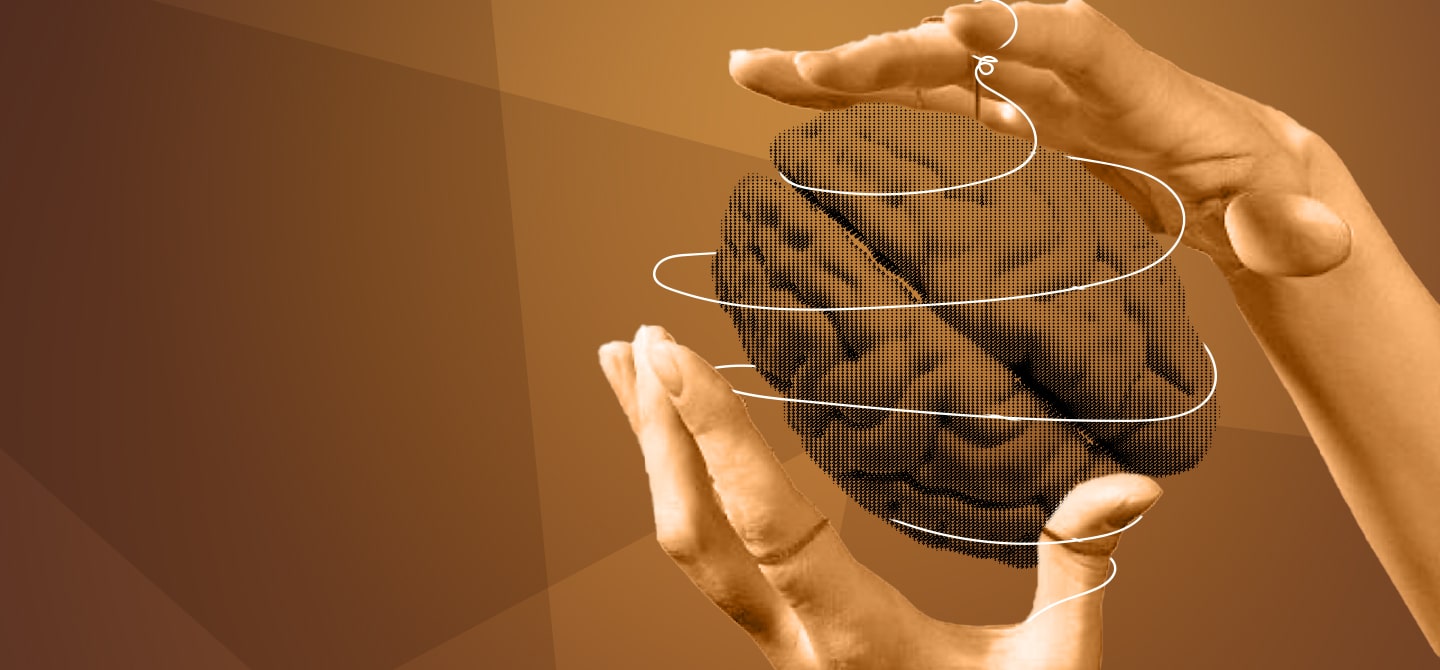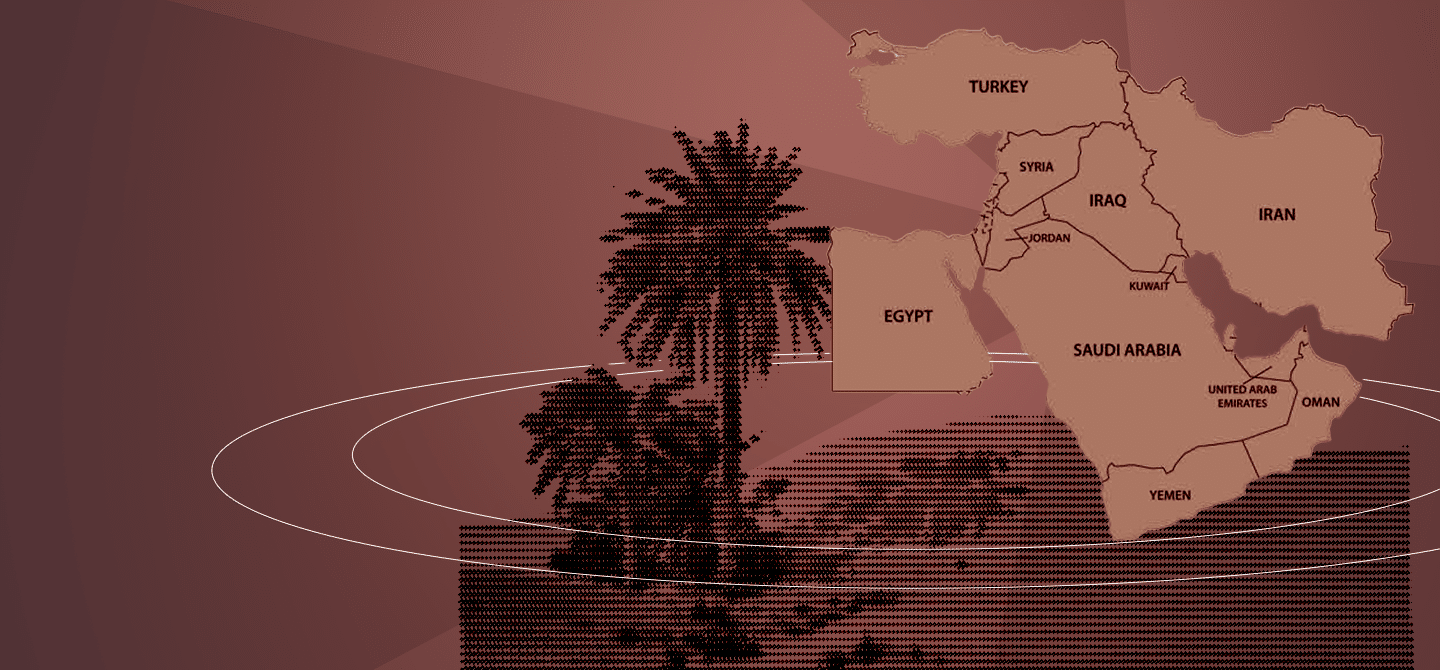Strategic agility: how to make better decisions in hybrid warfare
- Senior French officials met in October 2025 to discuss improving strategic decision-making through cognitive science.
- This initiative sparked interest beyond the military world, particularly among civil administrations seeking to respond to the impacts of the climate crisis, geopolitical tensions and technological disruptions.
- For several years, the French Defence Procurement Agency (DGA) has been developing an original approach to anticipation through its “Red Team” and “Radar” programmes.
- One of the experimental programmes on innovation and complex risks, led by the Defence Innovation Agency (AID), analyses anticipation in technical-human systems.
- The ability to anticipate is strategic, becoming a major competitive advantage in the face of firepower and digital superiority.
Faced with rapid technological advances and multiplying crises, the French government is quietly developing a new generation of strategic tools. Between artificial intelligence, neuroscience, biotechnology, behavioural science and foresight, a silent revolution is transforming the way French senior civil servants and military officials prepare for the future.
On 14th October 2025, around 100 senior French civil servants gathered at the National Institute of Public Service for an unusual session. On the agenda: how cognitive science can transform strategic decision-making. Far from traditional lecture halls, this meeting illustrates a turning point in the training of France’s administrative elite. In a world where Ukraine uses low-cost drones against Russian tanks, where artificial intelligence generates disinformation in seconds, and where cyberattacks can paralyse critical infrastructure in a matter of hours, technological superiority alone is no longer enough.
The challenge? Anticipating not only technical innovations, but above all their effects on human decision-making and the conduct of operations. Technology remains a means and not an end: what really matters is understanding its influence on our perception of time, our decision-making processes under pressure and our ability to adapt to chaos.
“Red Teams” to imagine the unthinkable
For several years now, the French Defence Procurement Agency (DGA) has been developing an original approach to anticipation. On the one hand, its “Red Team” — made up of science fiction authors, scientists and officers — imagines future disruptions and strategic surprise scenarios. On the other, the “Radar” programme captures and analyses weak signals: emerging scientific publications, disruptive patents and cognitive innovations that could upset the strategic balance.
This architecture reflects a philosophy: no longer content with forecasting but creating the conditions for true strategic agility. While the Red Team explores possible futures — space warfare, the collapse of major digital infrastructure, the emergence of a new form of hybrid conflict — Radar checks whether blind spots already exist in laboratories or theatres of operations.
Between 2020 and 2023, the Defence Innovation Agency (AID) launched several experimental programmes on innovation and complex risks in engineering schools run by the Ministry of the Armed Forces. One of these, conducted with Ecole Polytechnique (IP Paris), even led to an expert being sent to Stanford University to study anticipation in techno-human systems; environments where humans and machines interact so closely that they form a single system.
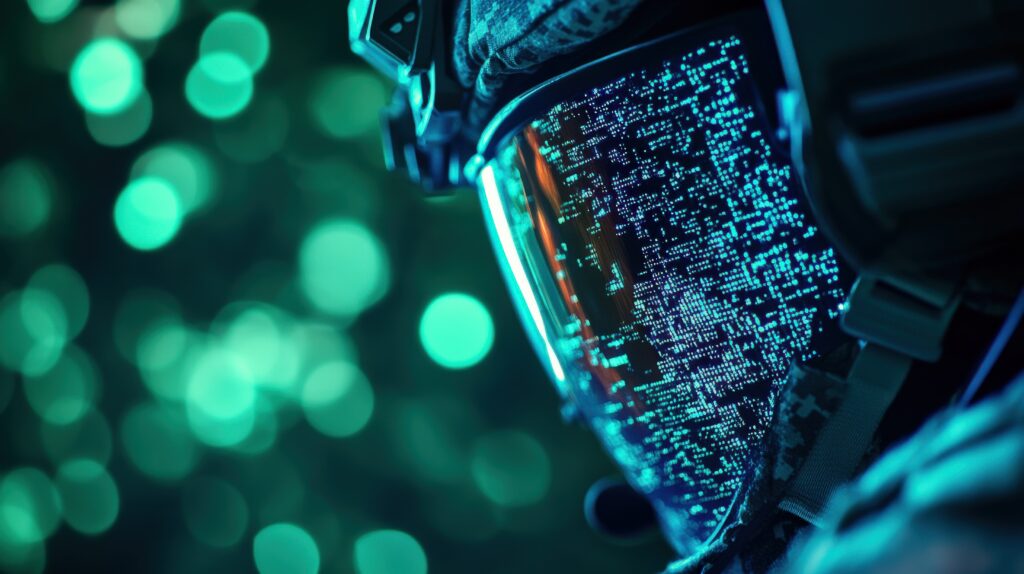
At the same time, more confidential military initiatives explored ‘cognition under pressure’. The Cognition and Virtual Worlds group, created in 2022 within the Command Doctrine and Training Centre (CDEC), studied how military personnel make decisions in environments saturated with, sometimes contradictory, information. Their conclusions: in modern conflict, victory often belongs to those who maintain cognitive clarity while their opponents sink into confusion.
This work, some of which remains classified, has since been incorporated into training programmes at the École de Guerre and the Centre for Higher Military Land Training (CEMST). Selected officers learn to navigate what the CEMST reports for 2023–2024 refer to as ‘decision-making overlap’. In other words, this is a situation where several options seem simultaneously possible until a decision forces the system to swing in one direction.
A unique strategic continuum
The October 2025 intervention sparked unexpected interest beyond the military world. Several ministries—Economy, Culture, Ecology, Interior—requested in-depth discussions to integrate these approaches into their own decision-making processes. This was an implicit recognition that, in the face of climate crises, geopolitical tensions and technological disruptions, civilian administrations need the same foresight capabilities as the armed forces.
The French Ministry of Finance is therefore considering how to better anticipate economic and financial shocks. The Ministry of Culture is looking at how to preserve heritage in the face of systemic risks. The Ministry of Ecological Transition wants to set up a “Green Team” based on the model of the DGA’s Red Team. As for the Interior Ministry, crisis and emergency management requires a detailed understanding of collective cognitive dynamics: how does a population react to a disaster? What cognitive biases amplify panic or, conversely, promote resilience? What emerges from these initiatives is a strategic continuum that is rarely so integrated. From the DGA’s foresight to tactical command rooms, from dual innovation to the memoirs of the École de Guerre, the same logic runs through the French ecosystem: anticipate, experiment, train.
Each technological signal alters the operator’s perception and sense of time; each human decision reconfigures the dynamics of the system. The challenge is no longer to increase technical capabilities — satellites, drones, weapons systems — but to maintain overall consistency: the stability of command loops, the fluidity of information flows, the clarity of human-machine interfaces.
A discreet but decisive revolution
In a tense international context—from the war in Ukraine to friction in the China Sea, from the race for AI to the return of “block” logic—this capacity for strategic anticipation is becoming a major competitive advantage. While some countries rely exclusively on firepower or numerical superiority, France is betting on intelligent decision-making.
The work is still evolving. Some aspects will remain deliberately confidential, because anticipation only works if the adversary cannot predict it. But the direction is clear: between foresight and action, between laboratory and theatre, the French strategic ecosystem is confirming its ability to think differently about the future. Not by predicting it, but by preparing for it with creativity, realism and lucidity. In the cognitive warfare that is taking shape, this lucidity could make all the difference.




